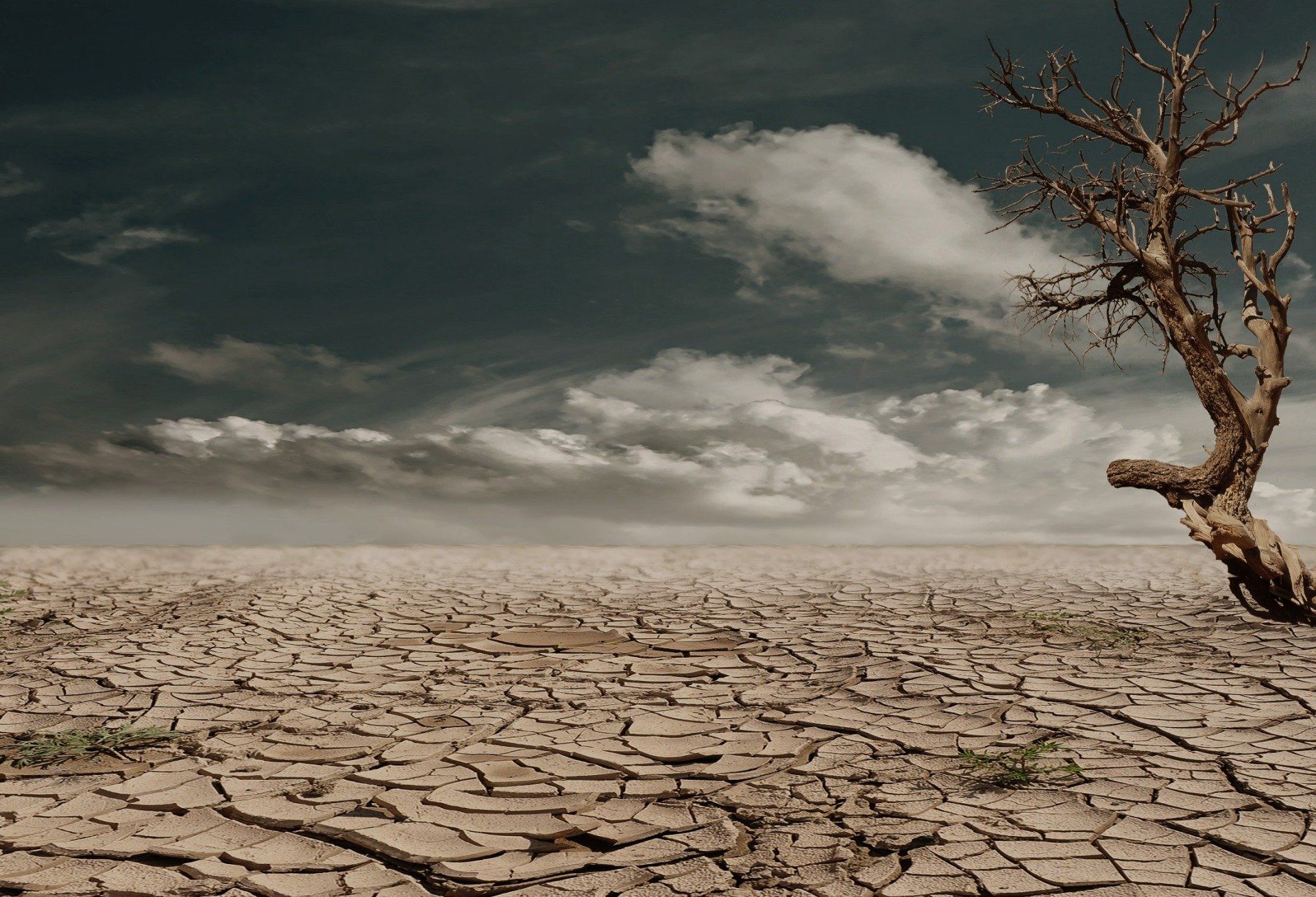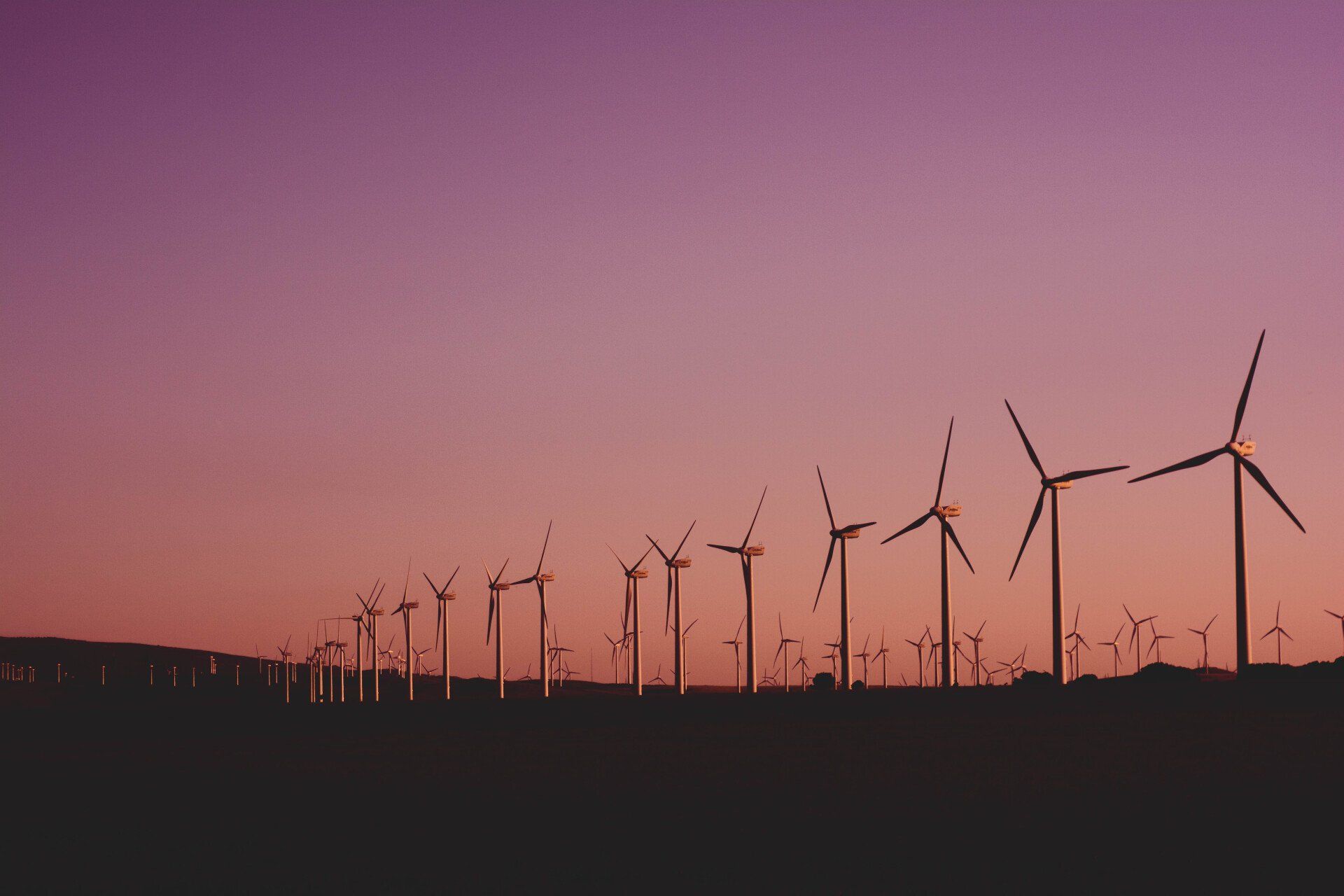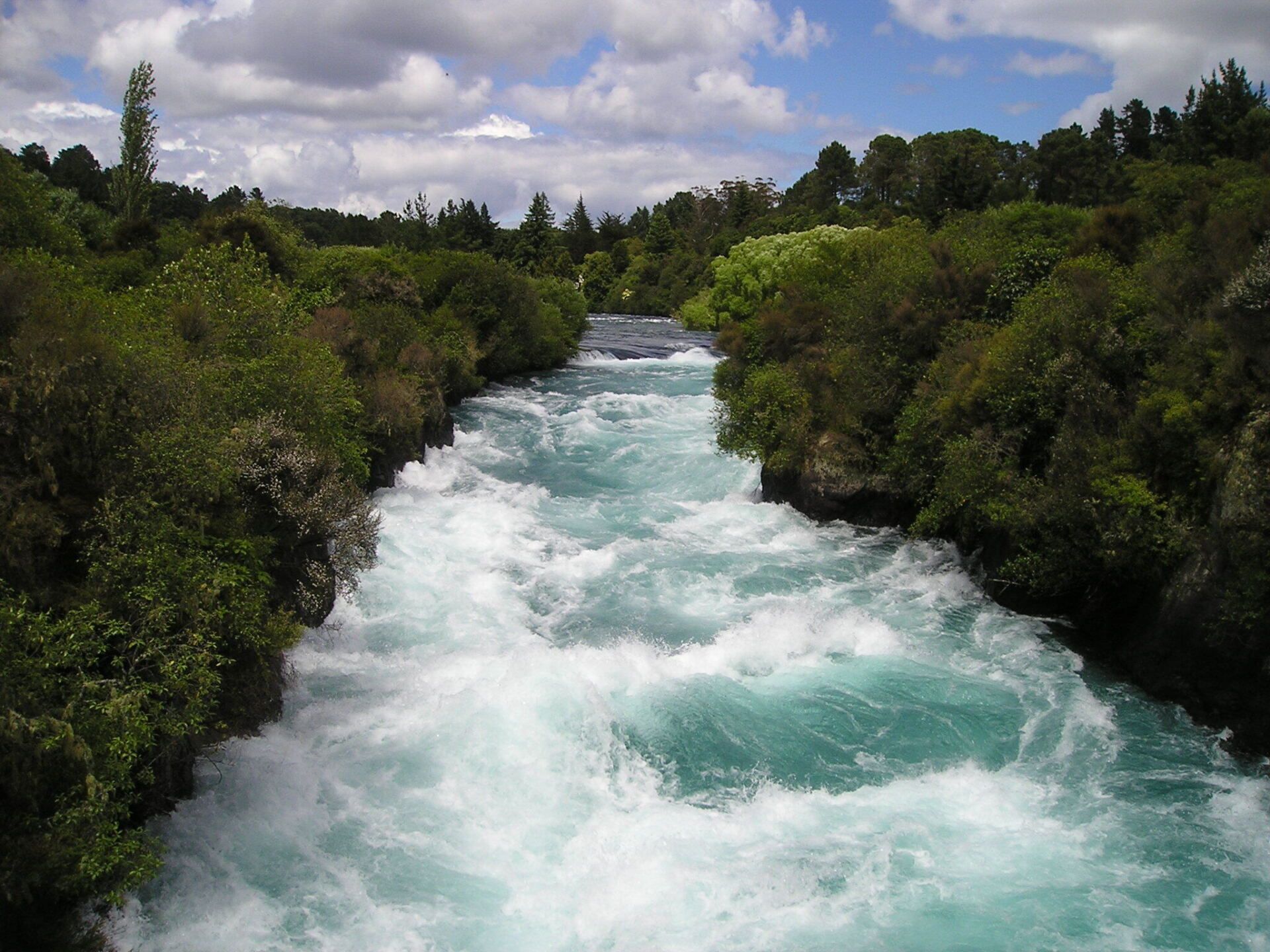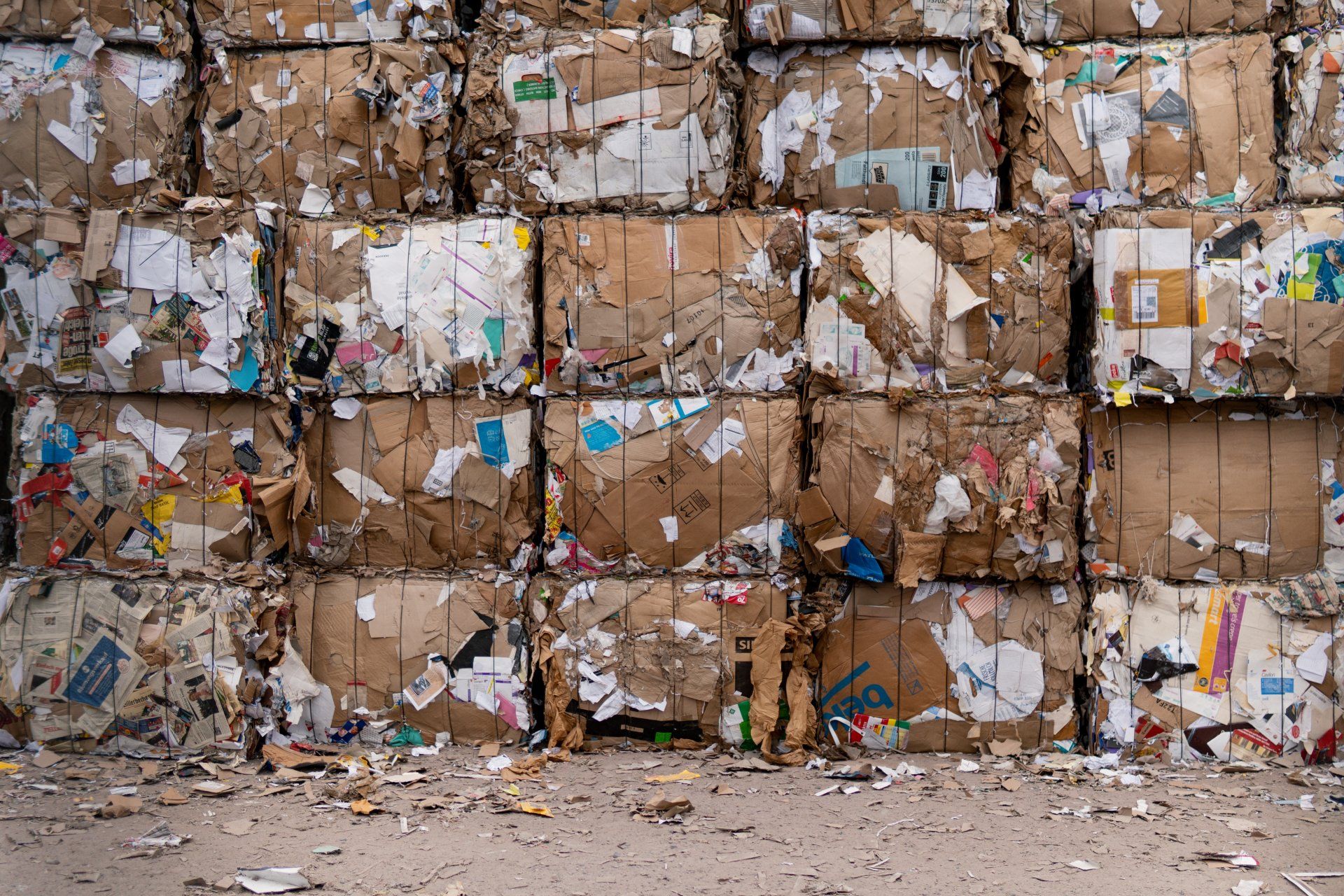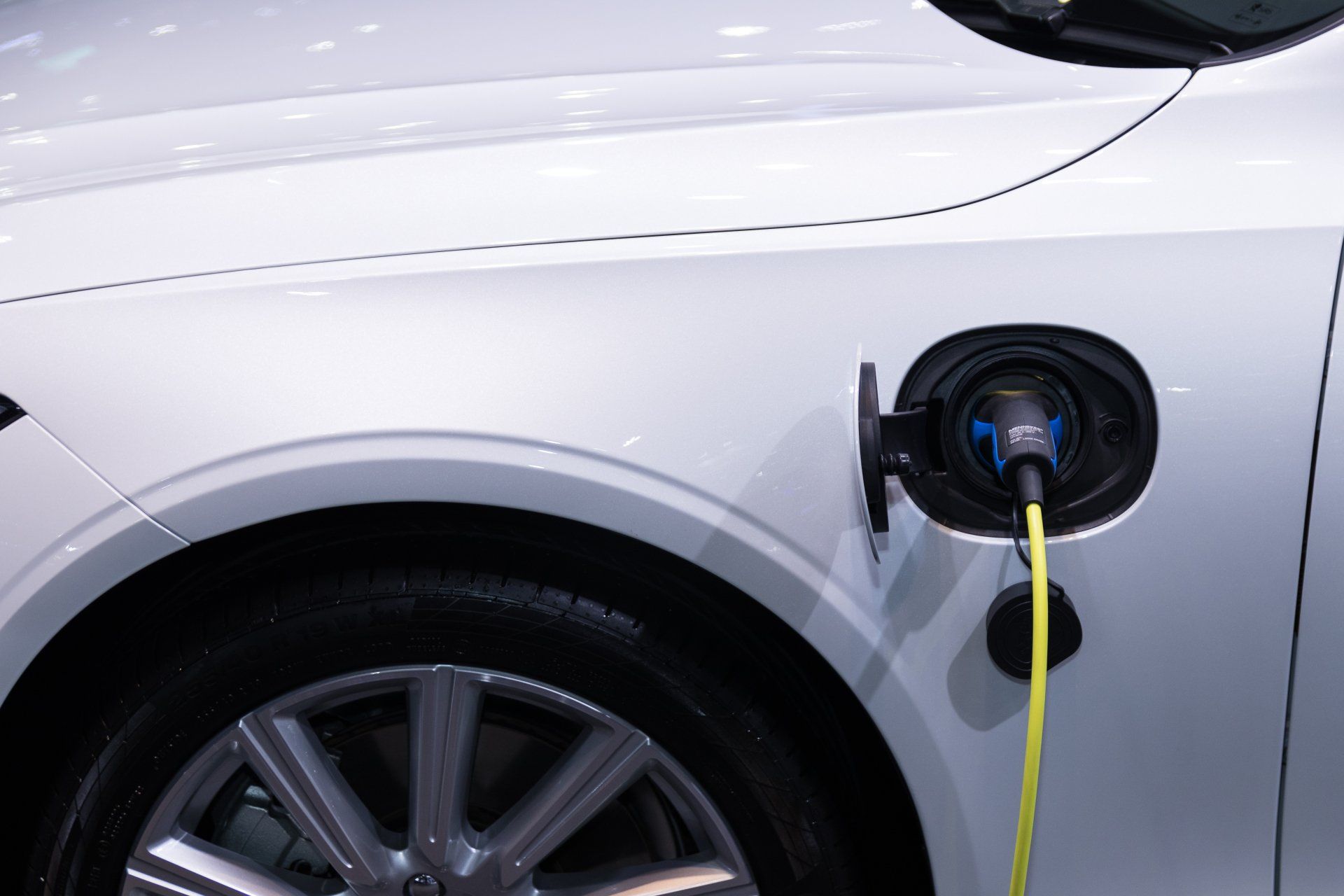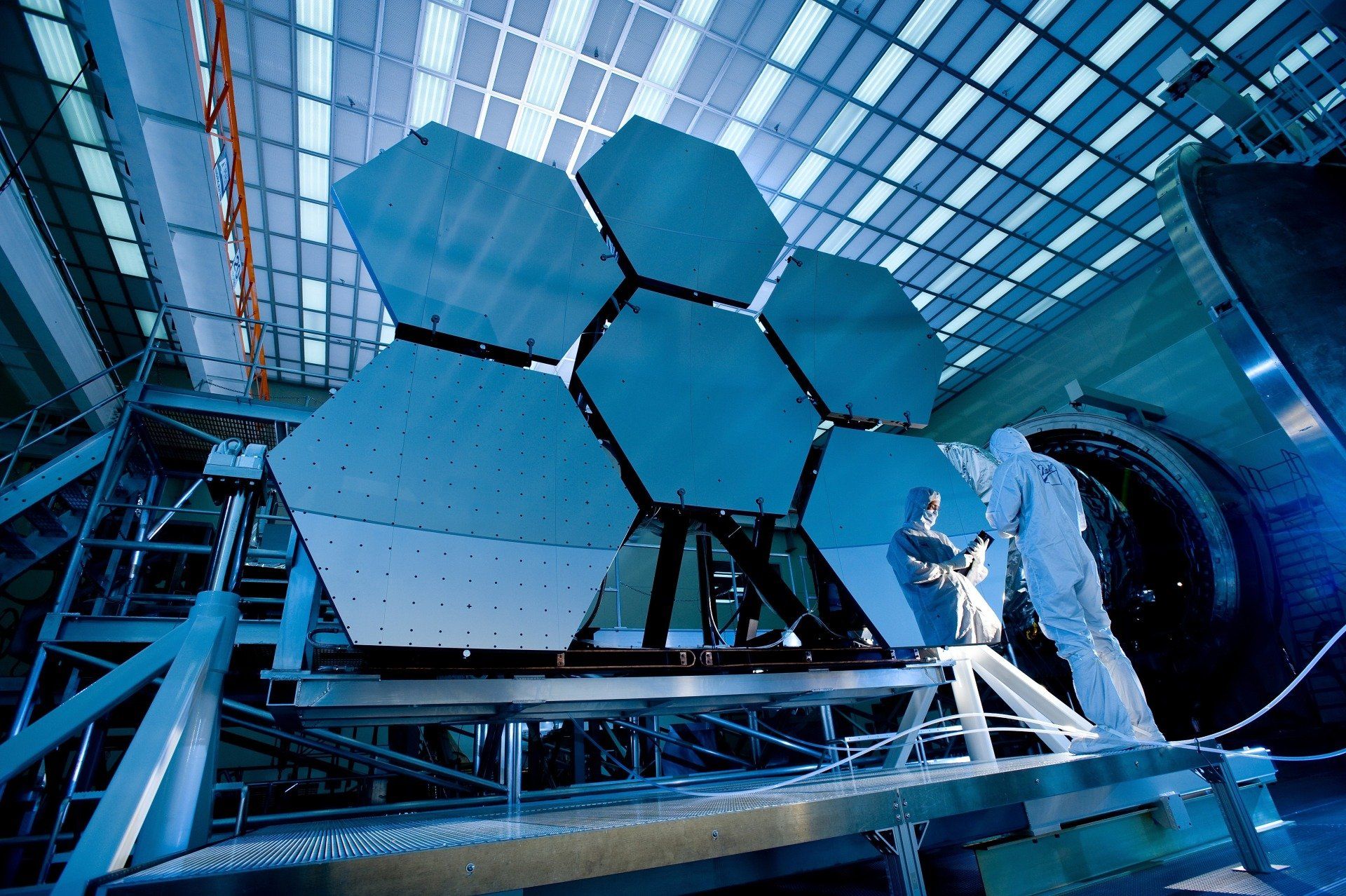About Us
Established in 2019, the Victorian Cleantech Cluster (VCC) is a network of industry, government, research, finance and others who want to see Victoria become a major hub for cleantech innovation, uptake and commercialisation.
Victoria's transition to a clean economy will see clean technology deliver greater economic prosperity, increased job opportunities and continued quality of life.
We provide a platform for people to connect, share knowledge and advice, and work together to commercialise clean technology solutions and drive the transition to a strong and sustainable circular economy.
We create networks, experiences and institutional knowledge that supports companies and founders to develop and grow their innovation.
The future of Victorian jobs and sustainable economic development relies on a strong cleantech and environment sector, building on a legacy of innovation, effective regulation and sustainability in the state.
Victoria's strong commitment to sustainability, strong educational institutions and our innovative ethos underpins our cleantech sector.
Clean technology contributes more than $31bn to the Australian economy each year, supporting more than 65,000 jobs across 1,500+ organisations.
65,000+ People
1,500+ Organisations
$31bn Economic Impact
CLEANTECH'S BENEFITS
Clean technologies embrace a diverse range of products, services, and processes across industries that are inherently designed to:
- Provide superior performance at lower costs
- Greatly reduce or eliminate negative ecological impact
- Improve the productive and responsible use of natural resources
WHERE CLEANTECH WORKS
Cleantech is a key feature of many business sectors including:
- New energy generation, storage and infrastructure
- Air and environmental management
- Recycling, waste and resource recovery
- The built environment and green buildings
- Water and wastewater
- Transport and mobility
- Advanced manufacturing and industrial processes
- Agriculture and land management
CLEANTECH SECTORS AND PRIORITY AREAS
Clean technologies are economically viable products, services and processes that harness renewable materials and energy sources, dramatically reducing the use of natural resources to cut or eliminate emissions and waste with the focus on finding solutions to address environmental, energy, waste, and air and water quality issues.
Our Team
The Victorian Cleantech Cluster is overseen by a volunteer Board comprising industry experts with relevant experience across private and community organisations, government, education and finance. The Board meets monthly to review and plan activities, and set the strategic direction for the VCC. The Cluster Manager oversees the day to day operations of the organisation and works closely with the Board to grow and develop Victoria's cleantech ecosystem.

